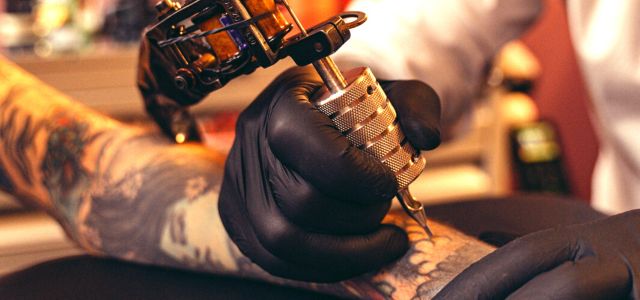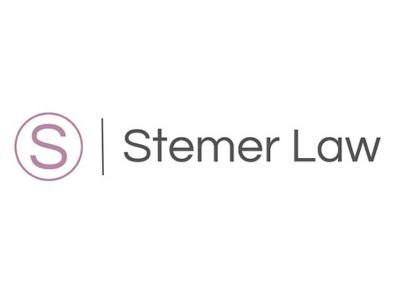A Los Angeles jury has sided with tattoo artist Kat von D (Drachenberg) in a copyright infringement lawsuit filed by photographer Jeffrey Sedlik.
The high-profile case centered around an image that the reality TV star inked onto a friend’s arm, based heavily on Sedlik’s photograph of Miles Davis. Now one of the most famous photographs of the late jazz musician, Sedlik’s shadowy portrait of Davis with his finger over his mouth “shushing” the viewer, was first published in JAZZIZ Magazine in 1989.
Sedlik, an artist’s rights advocate and intellectual property consultant, filed his action against Drachenberg in a California District Court in 2021 seeking roughly 45,000 USD in compensatory damages or 150,000 USD in statutory damages, for copying protectable elements of his photograph and using images of the tattoo on her social media account.
Whether Sedlik’s image is covered by copyright was not in dispute, instead, the case hinged on whether Drachenberg’s use of the photograph fell under the Fair Use exception. Fair Use, a common and robust defense to copyright infringement, is most often seen in cases of commentary, criticism, and parody of an original work. In determining whether Fair Use applies, courts look to several factors, including how similar the original and copied works are, how the work was used, and how the use of the work impacted its value. Drachenberg claimed that the Fair Use defense applied, because the tattoo was not “substantially similar” to Sedlik’s photograph, and she tattooed her friend for free.
Sedlik’s position was that even though the tattoo was a favor for a friend, Drachenberg’s various social media posts of the tattoo were commercial in nature because they were intended to promote her tattoo services. Sedlick argued that Drachenberg’s use of the image without a license disrupted his ability to sell licenses to other tattoo artists, which he has done in the past.
Sedlik took the stand and explained that each element of the photograph, including the lighting, background, and pose was meticulously planned and arranged by him. By tattooing the image onto her friend’s arm – even though the image was slightly altered – Drachenberg still infringed on Sedlik’s rights.
Drachenberg testified that tattoo artists do not get licenses for tattooing photographs. Her attorney later added that she had to stand up for tattoo artists by fighting this case while Sedlik’s attorney assured the jury that this case was not about stifling the tattoo industry but about requesting permission and respecting art.
After less than three hours of deliberation, the jury sided with Drachenberg and found that the tattoo was not “substantially similar” to the portrait and that her use was not for a commercial purpose. In response to the verdict, Sedlik’s attorney said that “no one’s visual art is safe,” while Drachenberg is calling it a victory for the tattoo industry.
Ultimately, whether Fair Use applies remains a case-specific question. While the ruling from this jury was that this very tattoo was not “substantially similar” to the original image, the result does little to protect future tattoo artists from the opposite ruling with a different tattoo.
The fight between Sedlik and Drachenberg, seemingly having adopted the cause of their respective industries, is not quite done. Sedlik’s attorney believes the issue of “substantial similarity” is not a fact that should have been decided by a jury but instead is a matter of law to be decided by a judge. They plan to appeal that very issue.

Written by Sarah M. Stemer, Esq.
Owner and Founder, Stemer Law
You may also like…
UEFA partners with Alliance for Creativity and Entertainment to enhance global anti-piracy strategy
October 21, 2025 - The Union of European Football Associations (UEFA) has officially joined the Alliance for...
EUIPO and UANIPIO welcome the integration of Ukraine’s trademarks into TMview
The European Union Intellectual Property Office (EUIPO) and the Ukrainian National Office for Intellectual Property...
Jägermeister succeeds in opposing the EU trademark application Alten Kräuterfrau for alcoholic beverages
Mast-Jägermeister SE filed an opposition on the grounds of Article 8(1)(b) – likelihood of confusion between the signs...
Contact us to write for out Newsletter













